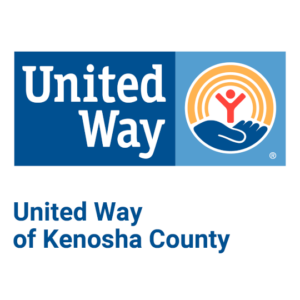Insurance Status
Whether you have medical insurance or not, you or your loved one can get treatment help. Here are some resources to help you navigate the insurance aspect of treatment:
Typical Treatment Process
Each person's treatment process is unique to him or her. However, it will follow this typical process:
When Your Loved One Won't Get Help
- Find a family support group and/or seek counseling
- Consider an intervention (contact the Hope Council on Alcohol & Other Drug Abuse, Inc. for more info; call (262) 658-8166 or email info@hopecouncil.org)
- Explore the option of forced treatment with a Three-Party Petition

